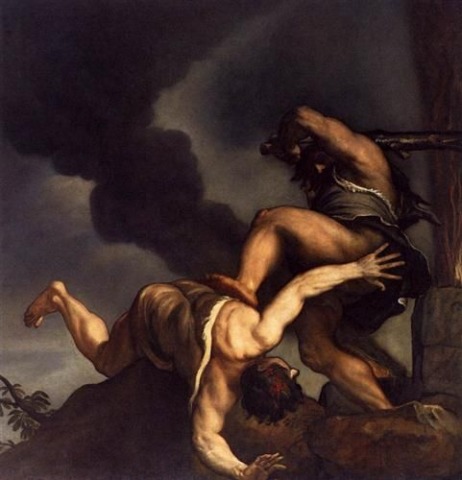History presents to us two nearly opposite meanings of freedom. Among the classical thinkers (bearing in mind that not all ancient thinkers were classical), the term referred not to the absence of government, but to a certain kind of governance, whether over a multitude of people, a single man, or an aspect of a man.

Query:
The phenomena you describe as the “revenge of conscience” seem a reality in our day. I find it difficult to be optimistic about the course of events. Forgive me if the question is too personal, but do you possess a melancholic nature? And where do you think things are heading?
Reply:

I wish I had a line in my CV for every time I’ve heard reputedly intelligent persons – sometimes even ethical theorists -- dismiss moral realism with the line, “Who gets to say what’s moral?”
A good many parents decline to give their children any religious instruction, saying that they think it is better to "let them make up their own minds." But declining to teach is itself a way of teaching, a very effective one, which transmits belief in a very definite creed with eight articles: (1) It is not important for children to know anything about God. (2) The questions which children naturally ask about Him require no answers. (3) Parents know nothing about Him worth passing on. (4) To think about Him adequately, no preparation is needed. (5) What adults think about Him makes
Some acts are wrong because of their results: If I would be hit by a truck, then this is a bad time to cross the street. But other acts are wrong no matter what their results: No good consequence can make it right to deliberately take innocent human life. Such an act is intrinsically evil.

A generation ago, Arthur Allen Leff wrote an article in the Duke Law Journal article entitled “Unspeakable Ethics, Unnatural Law,” the agonized, confused, and conflicted conclusion of which has by now been quoted many dozens of times:
Natural science, which deals with universal generalizations, must never be confused with natural history, which deals with particular events.
Think of how legend might tell the story centuries hence if in our time, as in Walter Miller’s novel A Canticle for Leibowitz, there had been a nuclear war: “From a scientific point of view, of course, we know there never was a Flame Deluge.”

Including the ethical foundations of politics
No doubt the mechanism of natural selection can explain some things, such as why certain skin colors are more prevalent in climates in which they are adaptive. But to suppose that natural selection can explain everything about human nature is absurd. On this hypothesis, the only genes that are consistently passed on are the ones for traits that help us to pass on our genes. Any genes which don’t should eventually disappear from the genome. But is it really true that all human traits are adaptive in this sense?